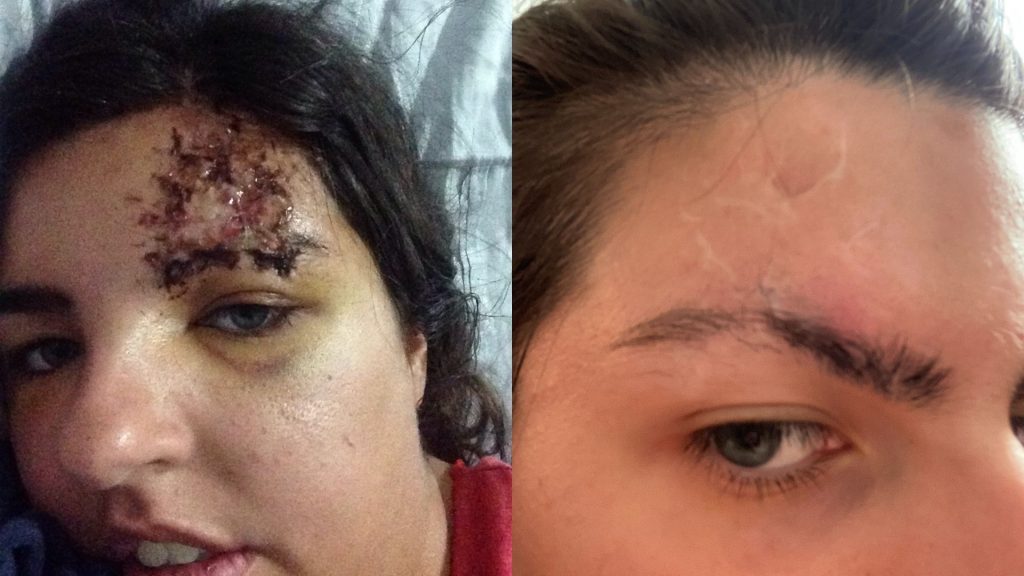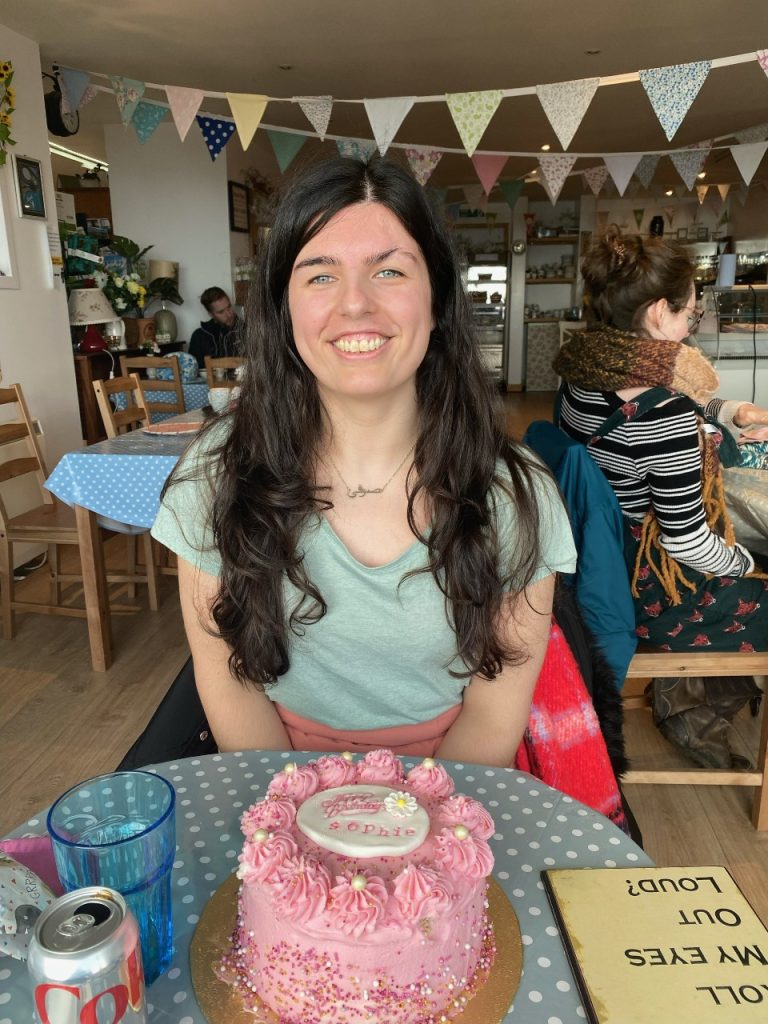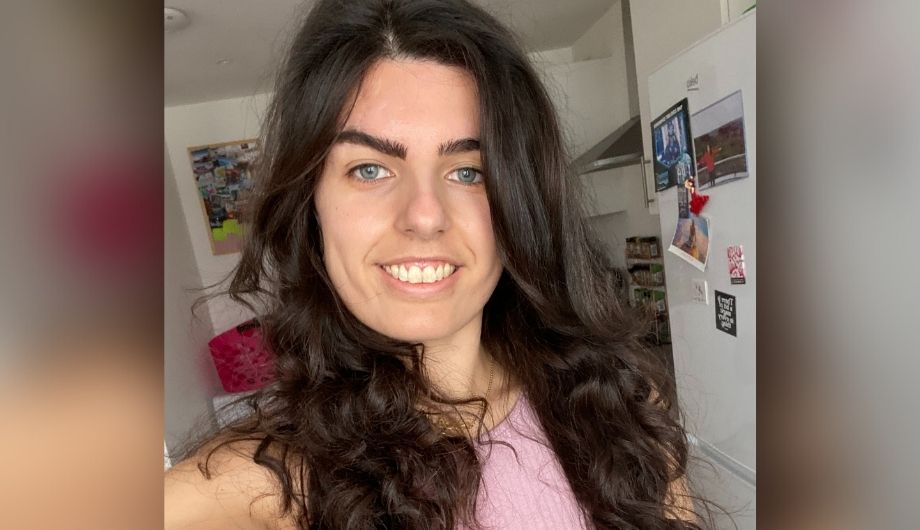As I grow older, I’m becoming more aware of my womanhood – feeling the need to empower myself and other women around me. I am not only becoming more self-aware but aware of what is going on around me and the injustices that women still face today.
When I first got my scar some of my first thoughts were: “who’s going to want me now?”, “Will I ever find a husband?”, “I am damaged goods…” – you get the point.
In this social media day and age, women are expected to look ‘perfect’. This is what made it incredibly hard for me to accept myself and my visible difference. I felt like I’d never reach the standards that have been set by – I don’t even know who? The point is, I had a massive imperfection that I couldn’t hide with makeup or Instagram filters.
Seeing hundreds of posts with thousands of likes, day after day, was damaging my mental health – leading me into a dark depression. Why would a man want me – when there were so many other women with perfect, flawless faces? Thoughts like this became such a focus for me, and unavoidable. Because, everywhere I looked there were beautiful, flawless women and unattainable beauty standards. It was a constant reminder that I wasn’t like that.
But what did I care if I never found someone? Why did it matter to me? I don’t NEED a partner. Having one is a bonus in life, not a necessity. Why did I think that being a woman and having a visible difference isn’t compatible?
Everywhere I looked there were beautiful, flawless women and unattainable beauty standards.
Today, I have none of those thoughts. I have found my femininity and am embracing it to the fullest. I did a lot of work on myself to accept my scar, and, importantly, accept that it wasn’t going anywhere. My visible difference is such a small part of what make me, me.
Since this reconciliation with myself, I’ve been trying to use my voice to represent and make a difference to the visible difference community. I’m writing about my experiences and using social media to work with organisations like Changing Faces. I don’t want anyone feeling like I did, or having similar thoughts.

Sophie sustained facial scars in a car accident in Australia in 2015.
Of course, I have had the odd hurtful comment. A charming gentleman I was on a Tinder date with asked: “when are you getting your eyebrow fixed?” as if changing something physical would make me good enough to date him. At the time, it was an upsetting comment, but really, what needed to be ‘fixed’? Why does having a visible difference need to be ‘fixed’? One person’s opinion on my appearance and what I should do to ‘improve it’ does not make it a fact or a truth. It’s also a rude thing to say.
If you’re reading this as a woman with a visible difference, my message is this: it does not define you.
Being a woman with a visible difference hasn’t held me back. Of course, I’ve dealt with hurtful comments from other people. But I’ve also held myself back. I’ve been wrapped up in how I thought people viewed me, and how I should be and look as a woman.
As I’ve gotten older, I’ve become more accepting of myself. I care a lot less about what other people, outside my circle, think. My friends and family, and those inside my circle, accept me for who I am and that is what matters.

Sophie, celebrating her birthday.
If you’re reading this as a woman with a visible difference, my message is this: it does not define you. It does not make you any less of a woman. Don’t hide away because of unattainable beauty standards and mainstream ideals! These are toxic projections of how a woman should be.
In reality, we come in all different shapes and sizes. Not one person on the planet is the same as you. And that’s pretty powerful, considering there are eight billion people in this world.
Women are held to such high standards, most of which are not realistic. Really, we should be setting our own standards for ourselves. Visible differences and all.
